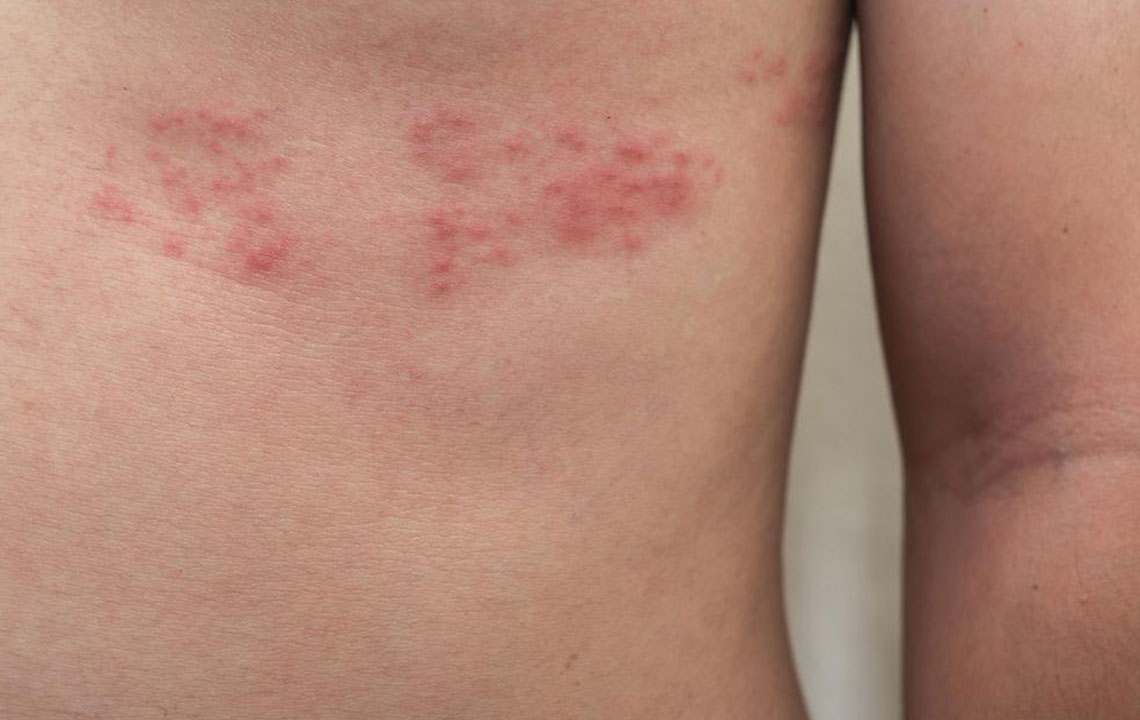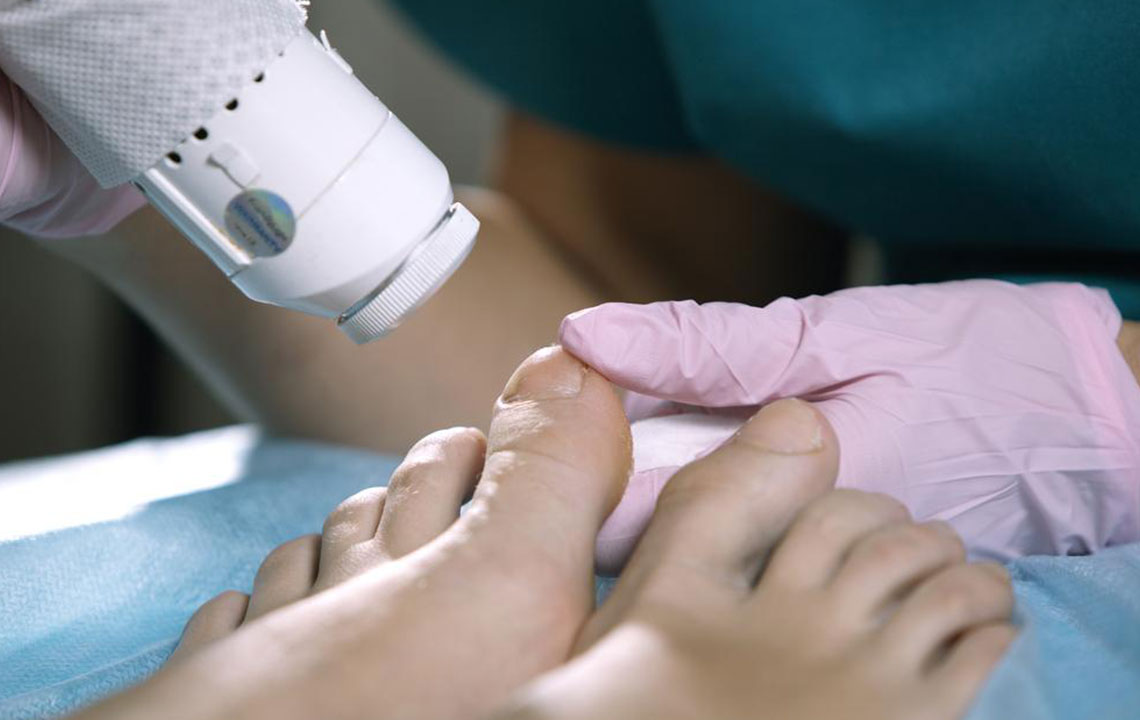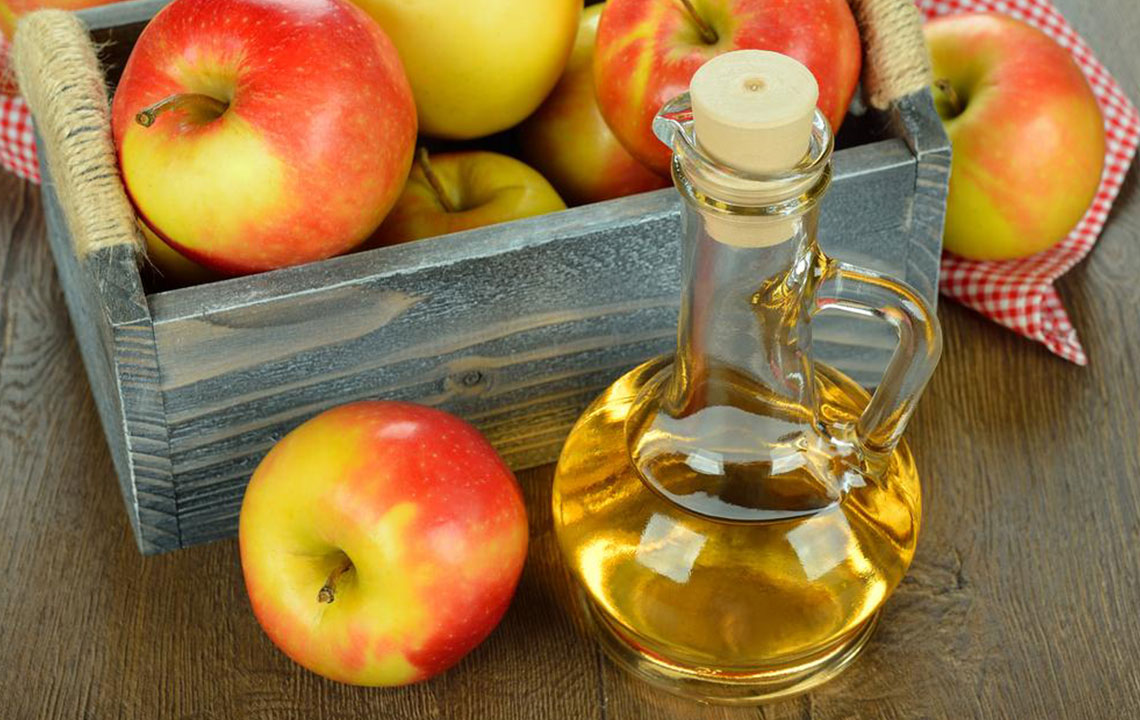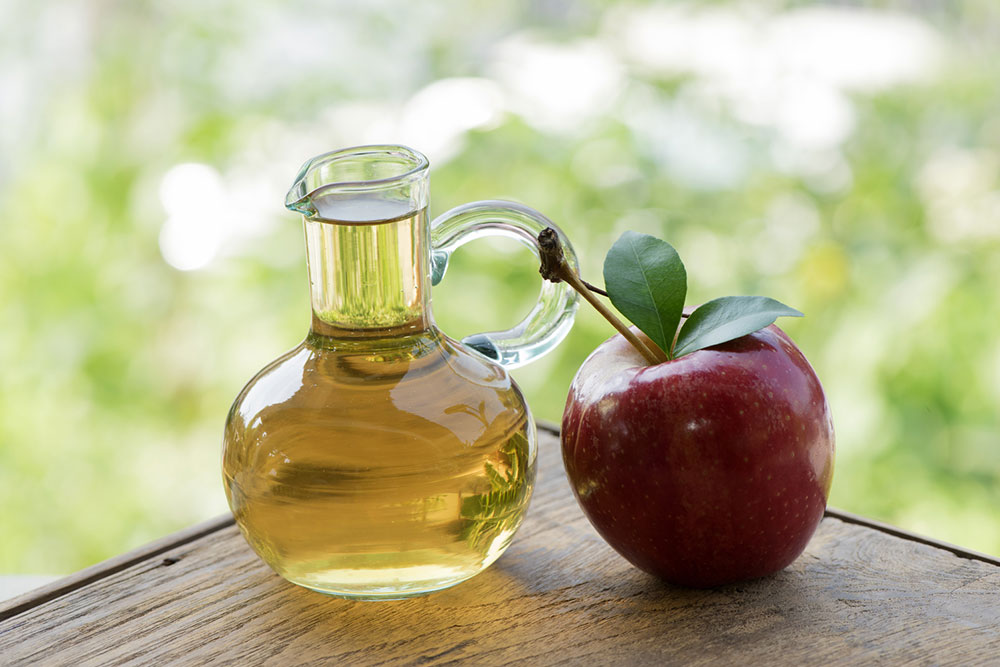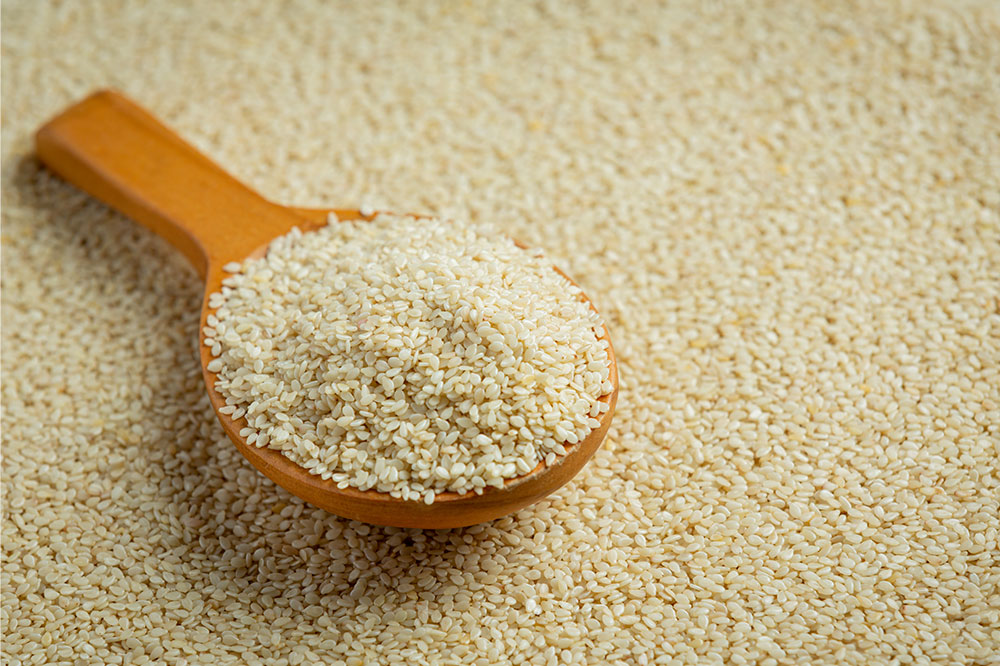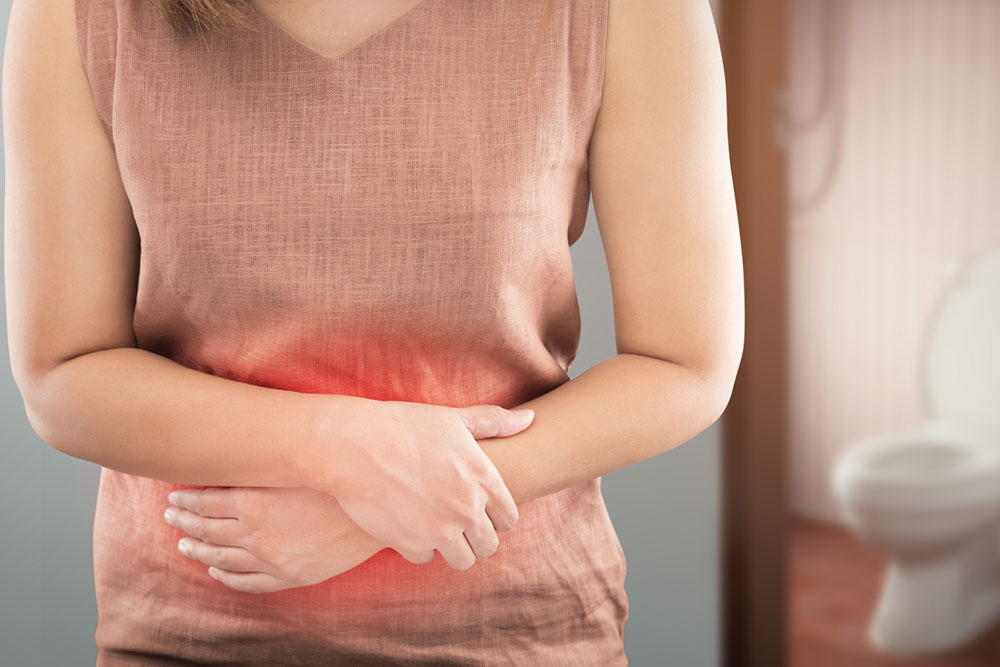Effective Tips to Avoid Pollen Allergies
Discover practical and natural methods to prevent pollen allergies during spring. Tips include sealing windows, showering after outdoor exposure, consuming antihistamine foods, and wearing protective gear. These measures can significantly reduce allergy symptoms and improve daily comfort without medication.
Sponsored
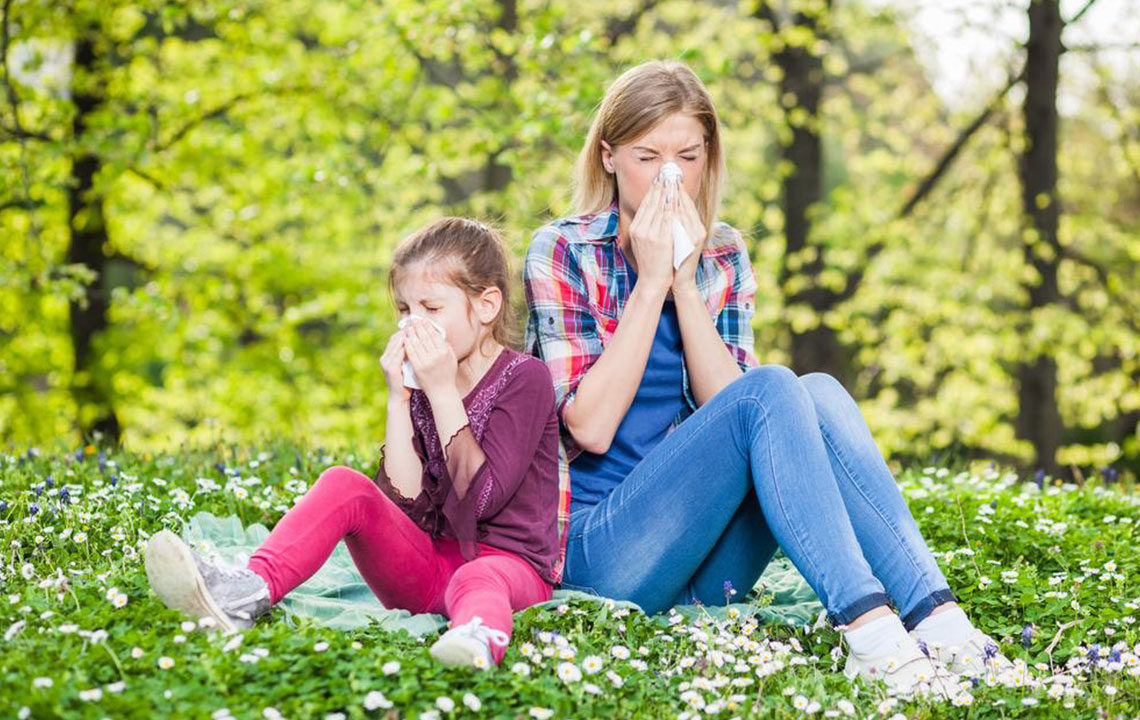
With spring in the air, many individuals face the challenge of pollen allergies. Instead of immediately turning to medicines, consider practical measures to minimize exposure.
Seal your windows and doors
Keep windows and doors shut, especially during mornings when pollen counts are highest. Using air conditioning can also help reduce indoor pollen levels.
Stay pollen-free indoors
Shower and wash your hair after outdoor activities to remove pollen from your body and hair. This helps prevent pollen from triggering reactions during nighttime.
Regularly clean your pets to reduce pollen transfer.
Eat natural antihistamine foodsIncorporate foods like garlic, onions, citrus fruits, and apples into your diet, as they can naturally combat allergy symptoms.
Boost your immune defense against pollen
Consuming small amounts of locally produced honey or bee pollen daily can help your body build resistance to local pollen, potentially reducing allergy severity.
Wear protective gear outdoors
Use a broad mask, similar to a painter’s mask, during high pollen periods. Wearing large sunglasses can also shield your eyes from allergens, even if it doesn’t look fashionable.
Practice relaxation techniques
Meditating and staying calm can reduce stress levels, which helps prevent body overreactions to pollen. Elevated cortisol from stress worsens allergic responses.
Remove carpets from your home
Carpets trap pollen, making cleaning difficult. If possible, opt for hard flooring in high pollen seasons to decrease allergen buildup.
Implement these natural strategies to minimize pollen allergy symptoms without relying solely on traditional medications.

